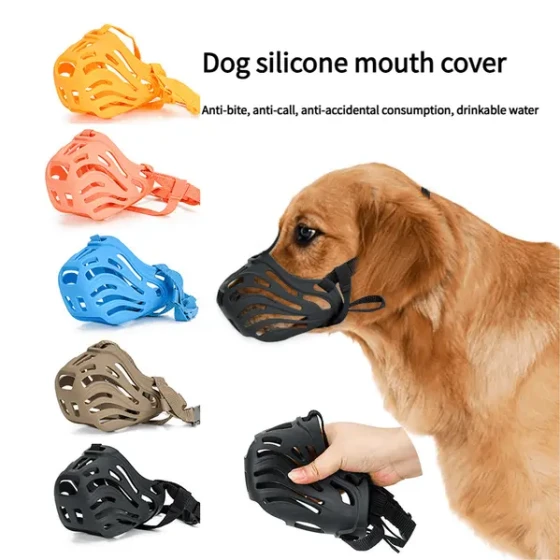Several Key Points for Feeding Dogs

Australian Shepherd (Detailed Introduction)
Irregular eating habits can have certain impacts on physical health, so we must pay extra attention to dogs' diets. First, it's important to understand that dogs do not know how to moderate themselves; if they encounter tasty food, they might eat it regardless of being hungry or full, which can cause indigestion. Therefore, let’s discuss several key points for feeding dogs to help dog owners be more cautious.
1. Amount to Feed
Feed your dog only until about 70% full, do not overfeed; let them lick the bowl and still want more. Eating too much and then running and jumping right after meals can easily cause them to vomit undigested food. Puppies kept in cages most of the time find mealtime one of their few entertainments, so they often eat very quickly—don't be fooled into thinking they are truly very hungry. Overfeeding leads to poor digestion and vomiting.
2. Feeding Frequency and Times
The daily feeding frequency is roughly as follows: from weaning to three months old: 3-4 times; 3 to 6 months old: 2-3 times; 6 months to one year: twice; over one year old: 1-2 times. Feeding times can match your schedule, but it’s not enough just to feed; you also need to consider time for walking the dog after meals, bowel and urine care, litter cleaning, and washing bowls. The bowl should be washed immediately after meals to avoid leftover food attracting rats, cockroaches, ants, or decaying due to sun and rain. Also remove the bowl to prevent boredom leading the dog to play with or even bite it.
3. Types of Dog Food
Dog food mainly comes in two categories: dry food and canned food, with a third being treats such as large biscuits, deodorizing biscuits, beef jerky, etc. The main nutritional content among brands is quite similar. More expensive brands offer special formulas tailored to different ages and breeds—you can compare beforehand.
Feed dogs food suitable for their growth stage. Puppies eat puppy food, adults eat adult food, senior dogs eat senior dog food, overweight dogs eat food for overweight dogs—do not mix to avoid becoming too fat or too thin. Dry food has more stable and balanced nutrition, and the chewing helps remove tartar and relieve itching. However, if the dog has urinary or kidney stones, avoid dry food unless it is a prescription diet targeting those conditions.



